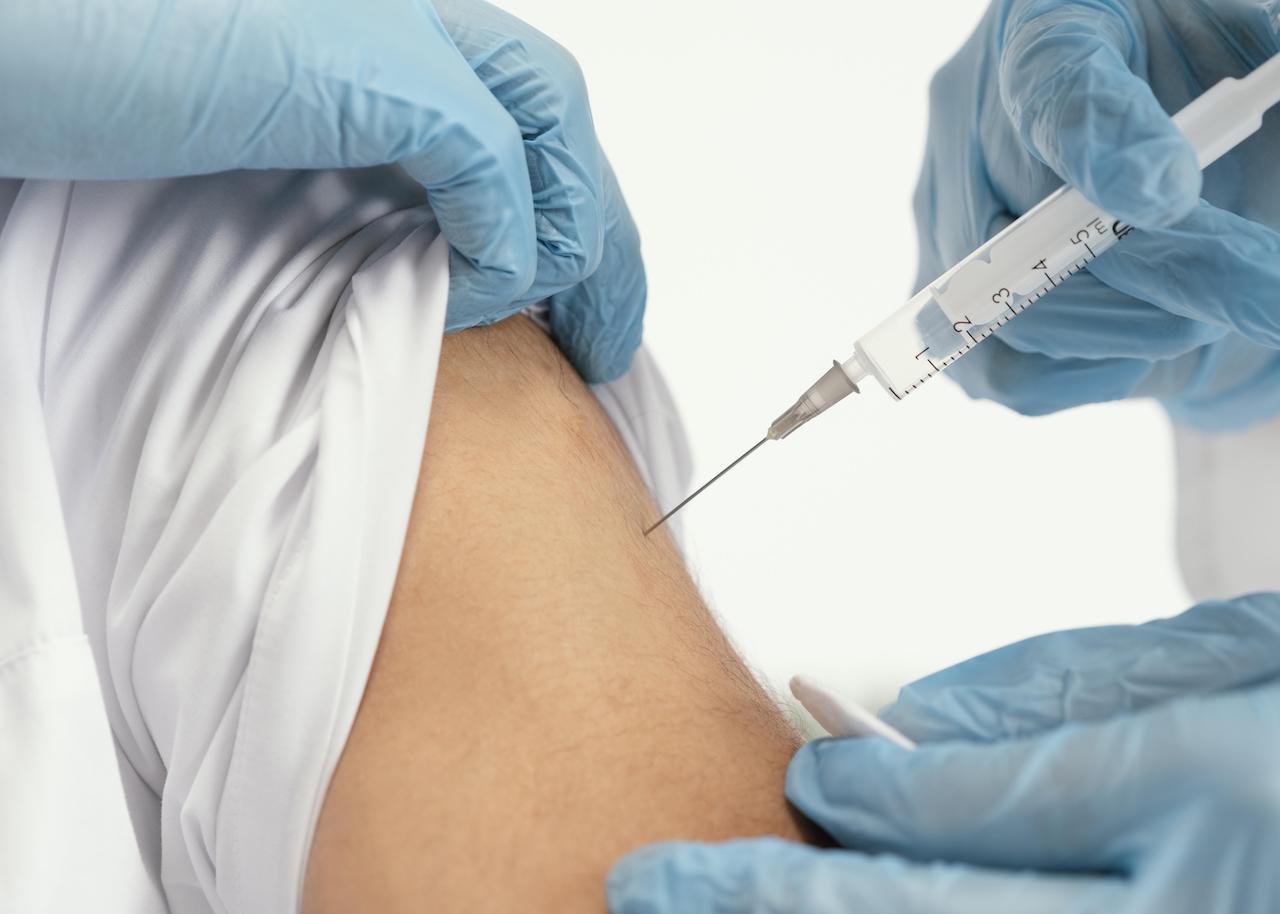Japanese encephalitis

What is Japanese encephalitis?
Who is at risk from Cholera?
The risk to most travellers to Asia is very low, especially for short-term travellers visiting urban areas. It is estimated that 1 in a million travellers get Japanese encephalitis in any given year. The people most at risk are those who live and work in rural areas, such as pig farms and in rice fields, where the condition is widespread. Vaccination is recommended if you are
- planning on visiting rural areas or go hiking, camping or spending time in rice fields in an area where Japanese encephalitis is known to occur
- staying a month or longer in a high-risk area especially If travel will include rural areas
What are the symptoms?
Can I use the DC Rabies Vaccination Service?
It takes up to 4 weeks to complete the vaccine course, so you need to start it at least one month before you plan to travel.
The vaccine is given as injections into the upper arm.
You’ll need 2 doses of the vaccine, usually over a period of 28 days, these need to be completed before you leave.
If you have been vaccinated against rabies before, 1 booster dose may be considered if you were vaccinated more than a year ago and you’re travelling to a high-risk area again.
Japanese encephalitis vaccine is not suitable for:
- Those with previous allergic reaction to Japanese Encephalitis vaccine or any of its ingredients
- Those with serious illness or with high temperature
What are the side effects to the Rabies Vaccine?
The most common side effects to the vaccine usually occur in the first 3 days after vaccination and resolve within a few days. These include:
- Flu like symptoms
- High temperature
- Itching, pain, rash and redness at the injection site
- Fever, feeling generally unwell, headaches and dizziness
- Diarrhoea, vomiting or nausea (feeling sick)
What happens next?
- Book a virtual consultation via online portal
- A DC pharmacist will review your suitability for the rabies vaccine service
- Receive vaccine at our centres
